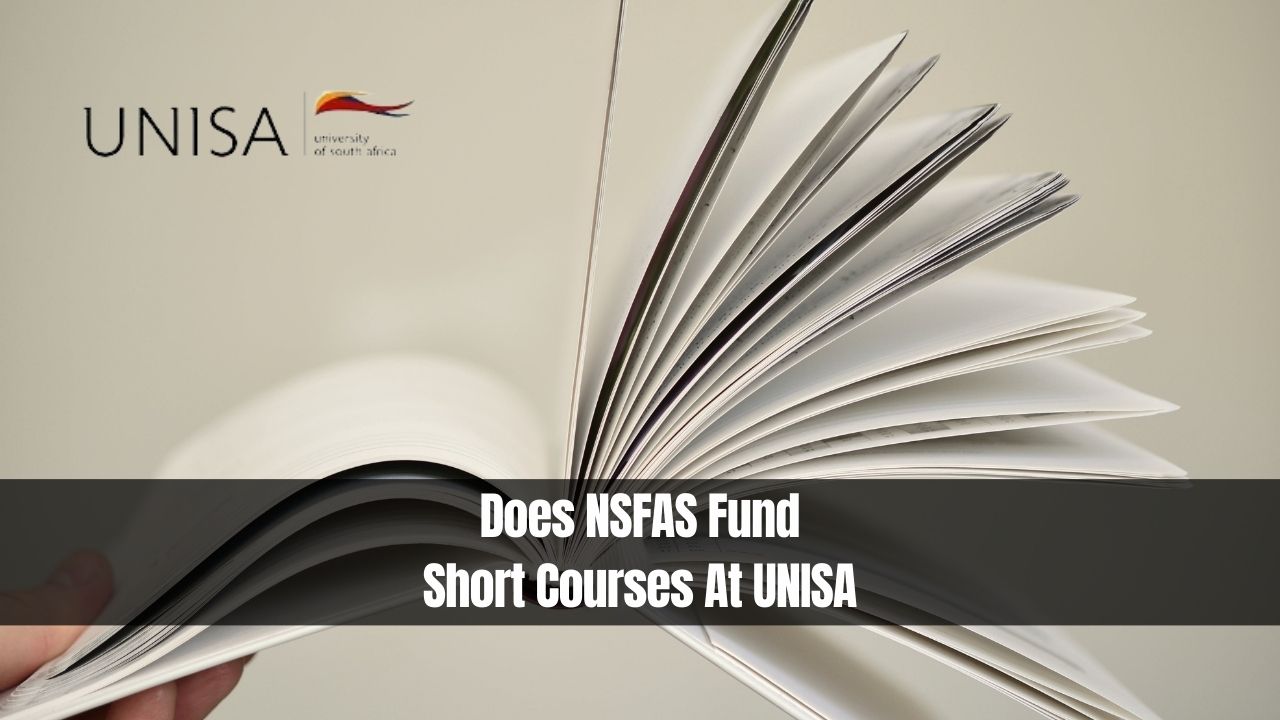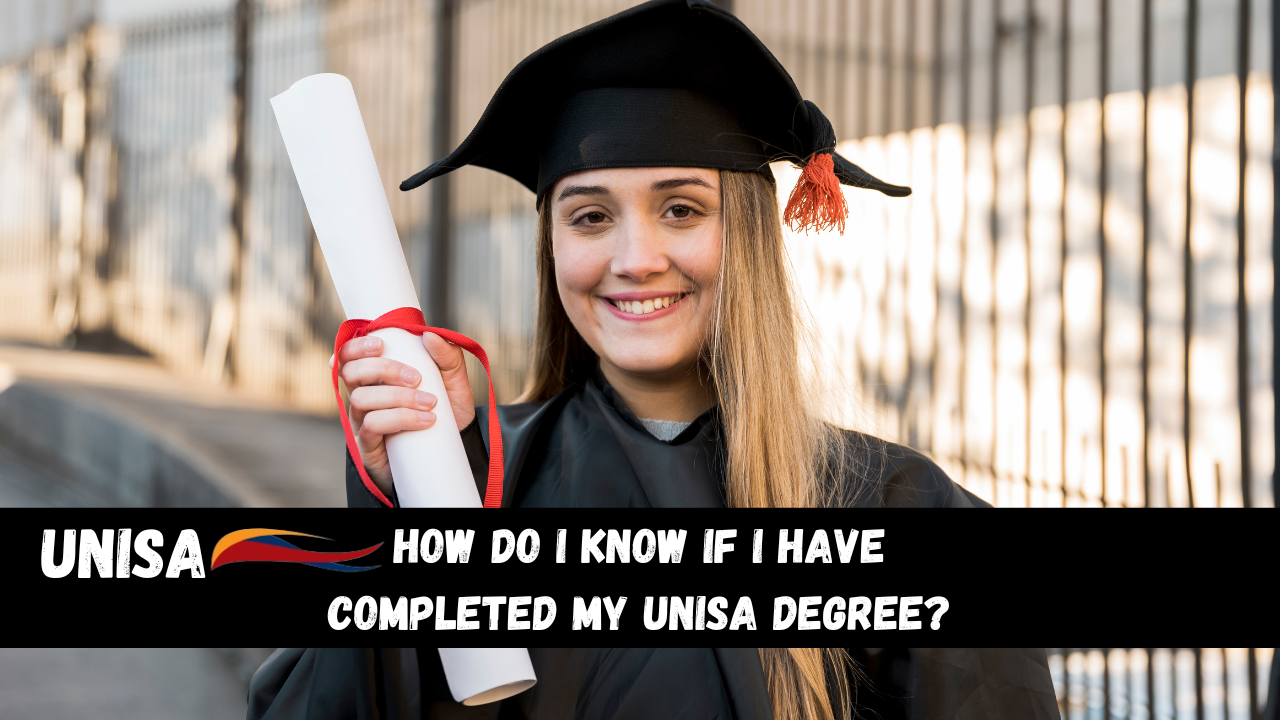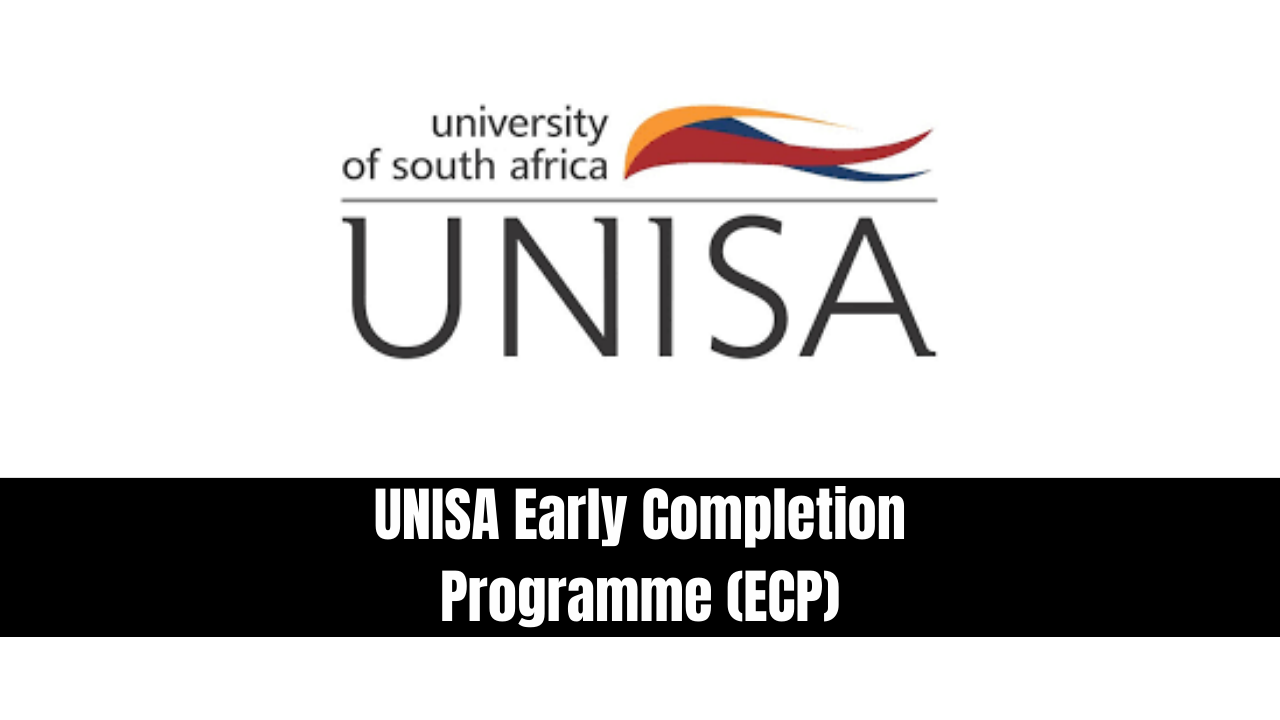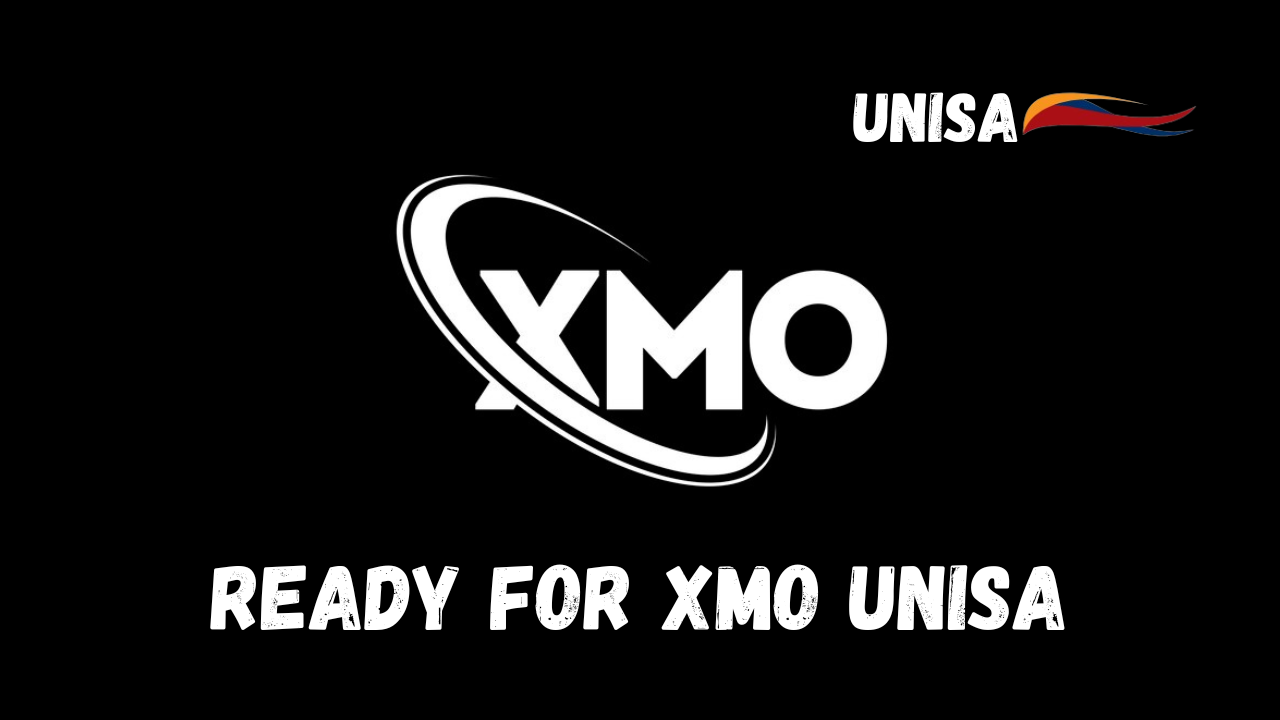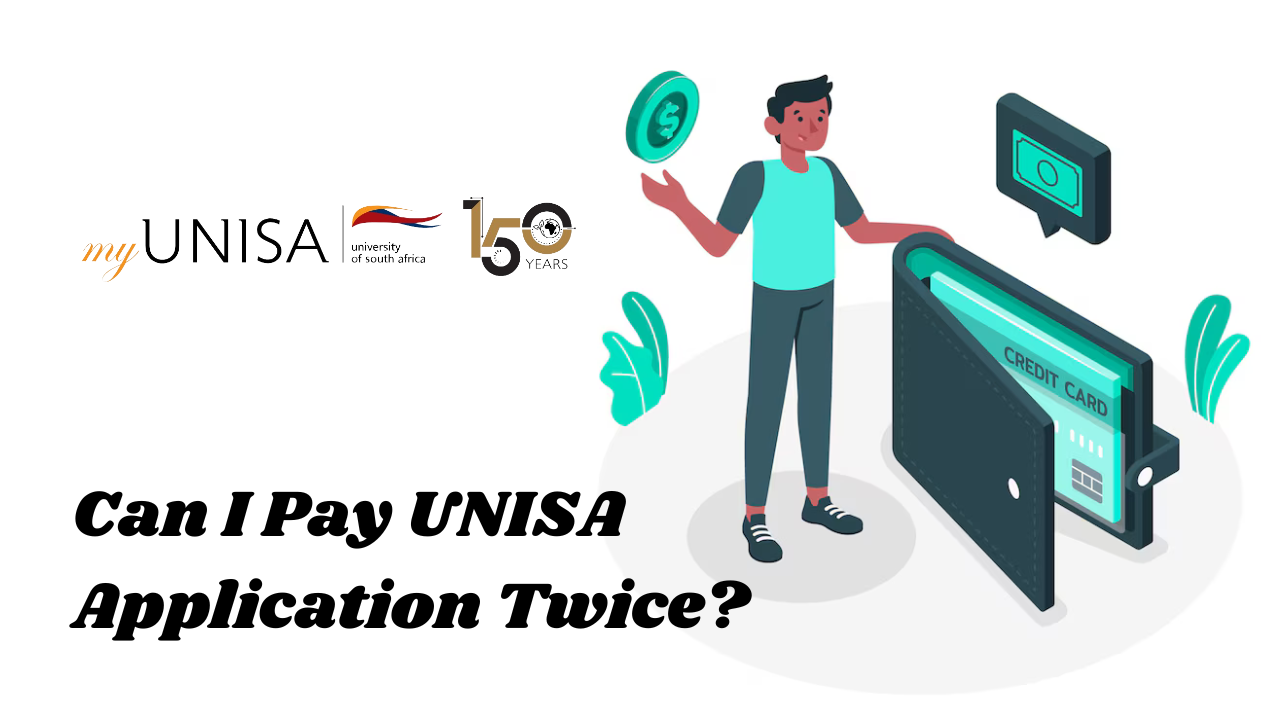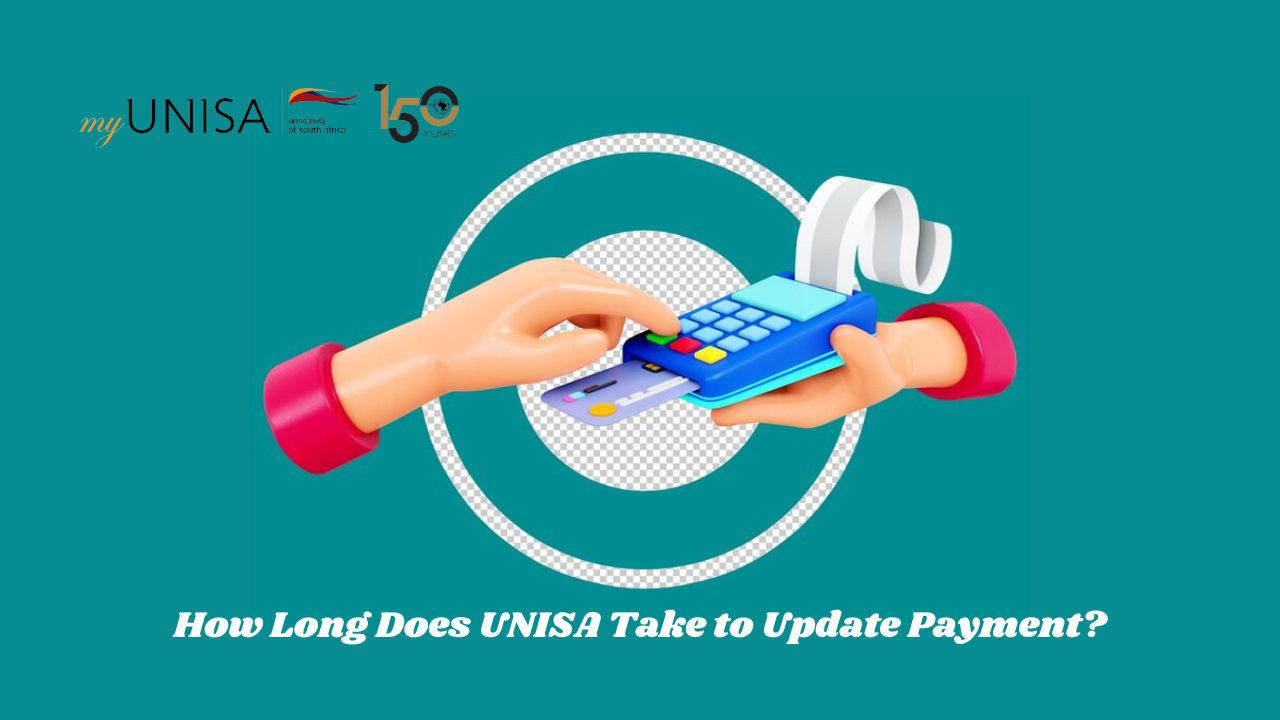Does NSFAS Fund Short Courses At UNISA . In today fast-paced world, acquiring new skills and knowledge through short courses has become increasingly popular. For many individuals, these courses offer an efficient way to enhance their professional abilities or pursue personal interests without committing to lengthy academic programs. However, the question often arises: Does the National Student Financial Aid Scheme (NSFAS) provide funding for short courses at the University of South Africa (UNISA).
Does NSFAS Fund Short Courses At UNISA
NSFAS will not be paying for Unisa part-time studies or Unisa short courses if you are studying part-time at Unisa. Unisa postgraduate courses will also not be covered by the bursary scheme.
NSFAS and its Mission
NSFAS stands as a crucial entity in South Africa’s educational landscape, aiming to facilitate access to higher education for financially disadvantaged students. Established with the goal of alleviating the burden of tuition fees and related expenses, NSFAS plays a pivotal role in enabling deserving individuals to pursue tertiary education.
Scope of NSFAS Funding
Primarily, NSFAS focuses on providing financial assistance for accredited undergraduate and postgraduate degree programs offered by recognized institutions in South Africa. This funding typically covers tuition fees, accommodation, prescribed study materials, and a living allowance for eligible students.
Short Courses and NSFAS Eligibility
While NSFAS primarily targets degree programs, its stance on funding short courses varies. Generally, NSFAS does not extend its financial support to standalone short courses, certificate programs, or workshops. Instead, it prioritizes funding for full-time, accredited academic qualifications such as diplomas, bachelor’s degrees, and postgraduate studies.
Funding Options for Short Courses at UNISA
For individuals interested in undertaking short courses at UNISA, alternative funding avenues may need exploration. UNISA offers a range of short learning programs across various disciplines, catering to diverse interests and professional development needs. These short courses typically span a few weeks to a few months, providing valuable skills and knowledge in specific areas.
Self-Funding and Scholarships
One viable option for financing short courses at UNISA involves self-funding. Individuals can use personal savings or explore financing options such as personal loans to cover the tuition fees and associated expenses. Additionally, scholarships, bursaries, and sponsorships offered by external organizations or corporate entities may provide financial assistance for specific short courses.
Conclusion
NSFAS primarily focuses on funding accredited undergraduate and postgraduate degree programs, and its support for short courses at UNISA is limited. While NSFAS may not provide funding for standalone short courses, individuals interested in pursuing such programs can explore self-funding options or seek scholarships and sponsorships from external sources.
